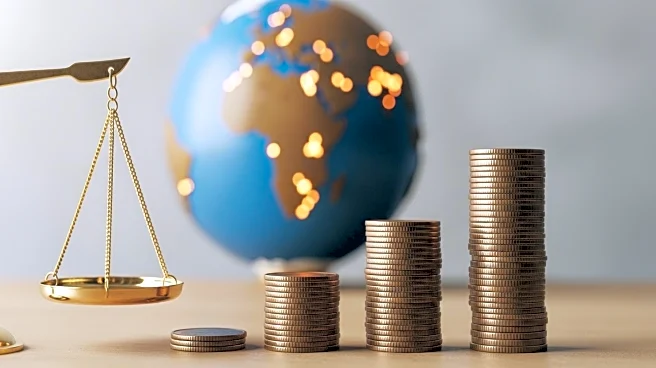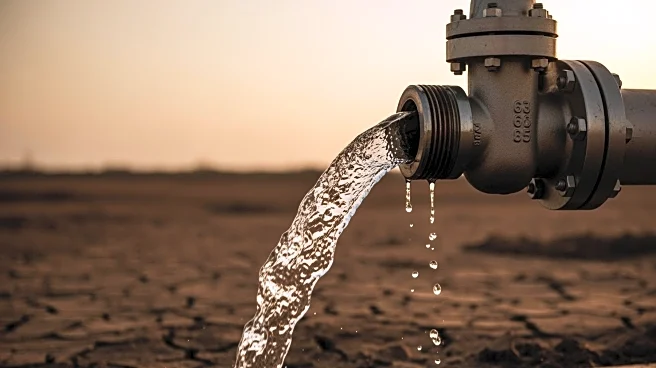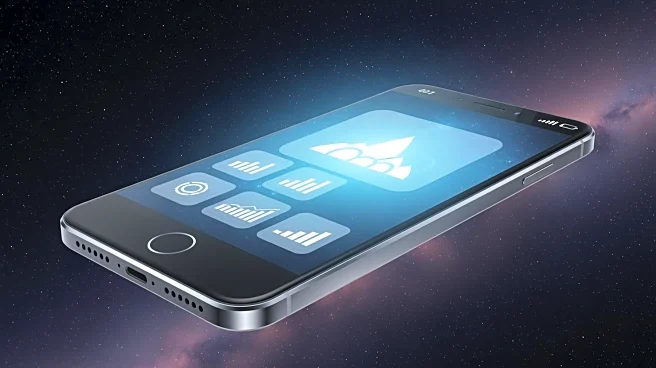What is the story about?
What's Happening?
The Supreme Court has permitted President Trump to freeze $4 billion in foreign aid, a move that marks a significant victory for the White House. This decision allows the administration to withhold funds that Congress had allocated for global health and HIV programs, which President Trump deemed unnecessary. The ruling could set a precedent for the executive branch to cancel congressionally approved funds in the future. The decision comes as Congress faces a deadline to fund the government, with potential implications for federal agency operations. The court's liberal justices dissented, emphasizing the constitutional role of Congress in making spending decisions.
Why It's Important?
This ruling has substantial implications for U.S. foreign policy and the balance of power between the executive and legislative branches. By allowing the president to withhold funds, the decision could embolden future administrations to bypass congressional appropriations, potentially altering the landscape of U.S. foreign aid. Nonprofit organizations that rely on these funds for global health initiatives may face significant challenges, potentially affecting international health outcomes. The decision also highlights ongoing tensions between the White House and Congress over budgetary control, with broader implications for U.S. governance and international relations.
What's Next?
The ruling may influence upcoming budget negotiations, as Congress must decide whether to challenge the president's authority or seek alternative funding mechanisms. The decision could also prompt legislative efforts to clarify or restrict the executive's power to rescind funds. Nonprofit organizations affected by the aid freeze may pursue further legal action or advocacy to restore funding. Additionally, the ruling could impact future foreign aid allocations, as policymakers reassess the balance of power in budgetary decisions.














